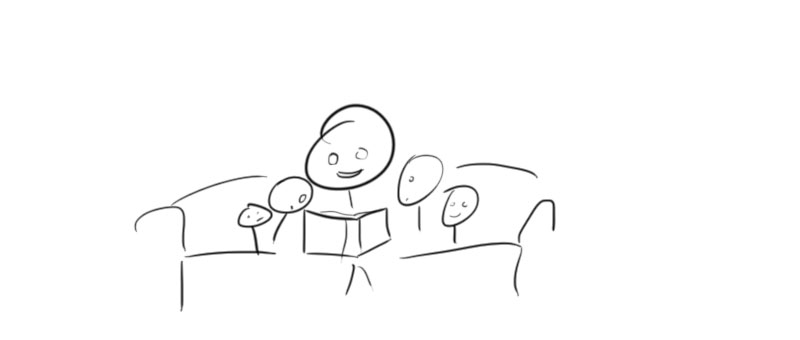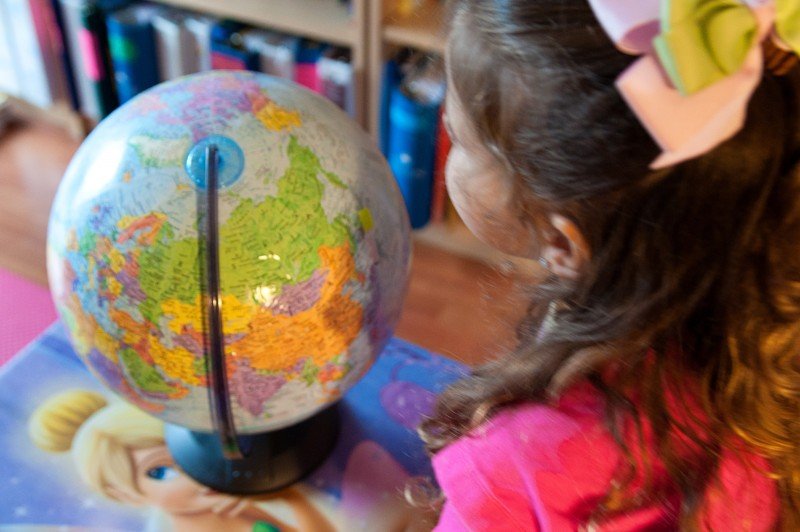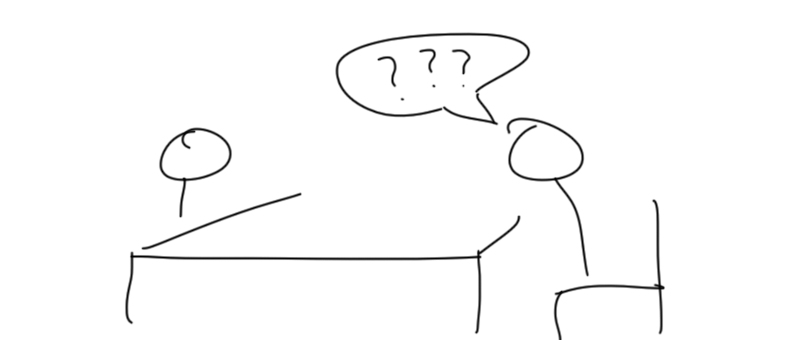Short answer: It's the books.
We've been reading another Sonlight title for my cousin's high school history class. The book we're reading comes from the fantastic literature in Core D. Proof that great books span many age groups. And like our previous experiences reading Sonlight books to high schoolers, this one proved just as engaging.
I finished a chapter and looked up. Her eyes had already flicked over to the next page. Curled up on the oversized green chair under the window, she read the title.
"You want to keep going?"
She answers with her German syntax, "What you would want to." She's said this several times to me. Near as I can tell it translates roughly, "Why, yes, I am enjoying this book very much and would thrill to press on in the reading should you find the fortitude to do so and experience similar joy in continuing the story."
We finished the book last night.
We all love great stories. If my google results are right, Americans currently spend around $500 billion on entertainment ... a year. I couldn't find anything that looked remotely reliable, but it seems we spend about $600 billion on education. Makes me wonder: what if more of our education felt like entertainment but was actually, really, just a phenomenal education based on amazing literature? Then everyone would be using Sonlight, saving money, and loving school. Some may still dislike school. I've heard of several Sonlighters who say they hate school but love reading the books.
"That is school," their parents tell them.
Sonlight doesn't feel like school because of the great books. But Sonlight is so much more than just books. Our homeschool curriculum, through the Instructor's Guides in every Core, brings all these books together and turns them into an experience you will love as much as your children.
~Luke Holzmann
Filmmaker, Writer, Guardian








